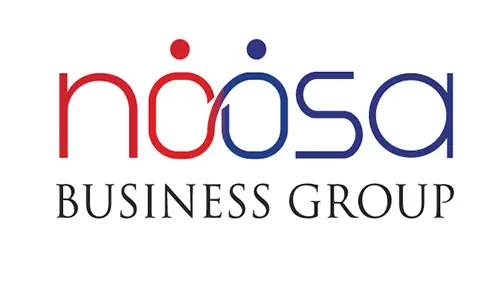If you haven’t already noticed, social media offers your business the most exciting evolution in how you reach out to your clients and customers (current and potential). The online market is growing exponentially and the latest reports find seven out of ten Australians are on social media and many of them use it to research and buy products and services.
If your business doesn’t have a social media presence yet, it’s time to get one. If it does, then it’s time to enhance it (there’s always room for improvement, right?) After all, as social media guru and author of Socialnomics, Erik Qualman says,
We don’t have a choice on whether we do social media, the choice is how well we do it”.
Handle your social media network right and it will become your unofficial marketing team – online endorsements, reviews, recommendations, likes, favourites, shares, going viral (!) – all boosting your brand identity across the internet. After all, referrals have always been one of the most important goals of marketing and the community interaction that social media encourages is the ultimate word of mouth marketing channel.
However, social media is a two-edged sword: get it wrong and those mechanisms for referrals, reviews and quick sharing will work against you, tarnishing your brand. So. It’s important to get it right!
The key question, is how is social media marketing different? Traditional marketing used to talk of the 4 Ps: product, place, price promotion; and these still work well in marketing channels with a mainly one-way flow of information. But social media is two-way. Three-way. Four-way, even. In fact, social media is potentially a massive multi-person conversation in the world’s biggest room. Time for a new approach. And that new approach is the 4 Cs. Except… opinions differ on what the Cs stand for and by the latest count, we’re up to at least eight, each potentially relevant to your social media marketing strategy. In no particular order, they are:
1. Content
Content is king, and not only for search engine optimisation. The strength of your connection with the members of your network and online community depends on the quality of what you’re putting out there. It has to be a) interesting, b) useful and c) authoritative. (It also helps if it’s memorable, as well).
2. Context
Relevance is important too. People won’t ‘like’ your Facebook page because they want to see your adverts, they’ll like it because you’re offering something that is relevant to their jobs, their family lives, their social activity, and so on.
3.Customers
Of course, you shouldn’t forget that the people you’re engaging with online are potential customers. The end goal is that they buy your product or service. But to turn them into customers, you need to find them and understand how you can help them.
4.Channel
Not all social media platforms are created equal. In fact, they often involve very different modes of interaction and attract very different groups of people. Who is your target audience? Where are they likely to be found? Once you’ve found them, what manner of expression (type of content) is likely to appeal to them?
5. Community
This is what social media is all about. Not a mailing list but a community; a community that shares content. As a brand and as a business you will hold a certain position in any community that you join/create. You need to make that position authoritative and expert without being overbearing.
6. Conversations
Content is a good start but it only really takes off and starts to work for you in a social media environment when it is the subject of a conversation. How to get people talking about your content, that’s the question.
7. Connection
The connections that you build with others in your community are all about trusting and being trusted. It’s about keeping yourself in the forefront of people’s minds so that when they need a product or service like yours, you immediately spring to mind as an expert and helpful (and trusted) provider. In terms of relationships and sales nothing beats a strong connection with a body of customers.
8. Campaigns
Of course, the channels may be unique but this is still marketing and your strategy should be condensed into a clear campaign: a target audience (community), a goal (sales, building brand awareness, etc.), a message (and the resulting conversations), all representative of your business’s unique brand identity.
The art is to decide which of these 8 C’s are most relevant to your business, your brand, the specific product or service that you are marketing, and the particular target audience you’re reaching out to. This is where a little professional help can go a long way and consulting with a service like Soul Space will help you hone and refine your social media strategy for the optimum results for your business.








